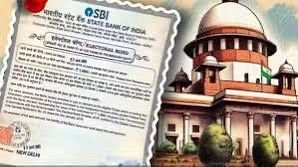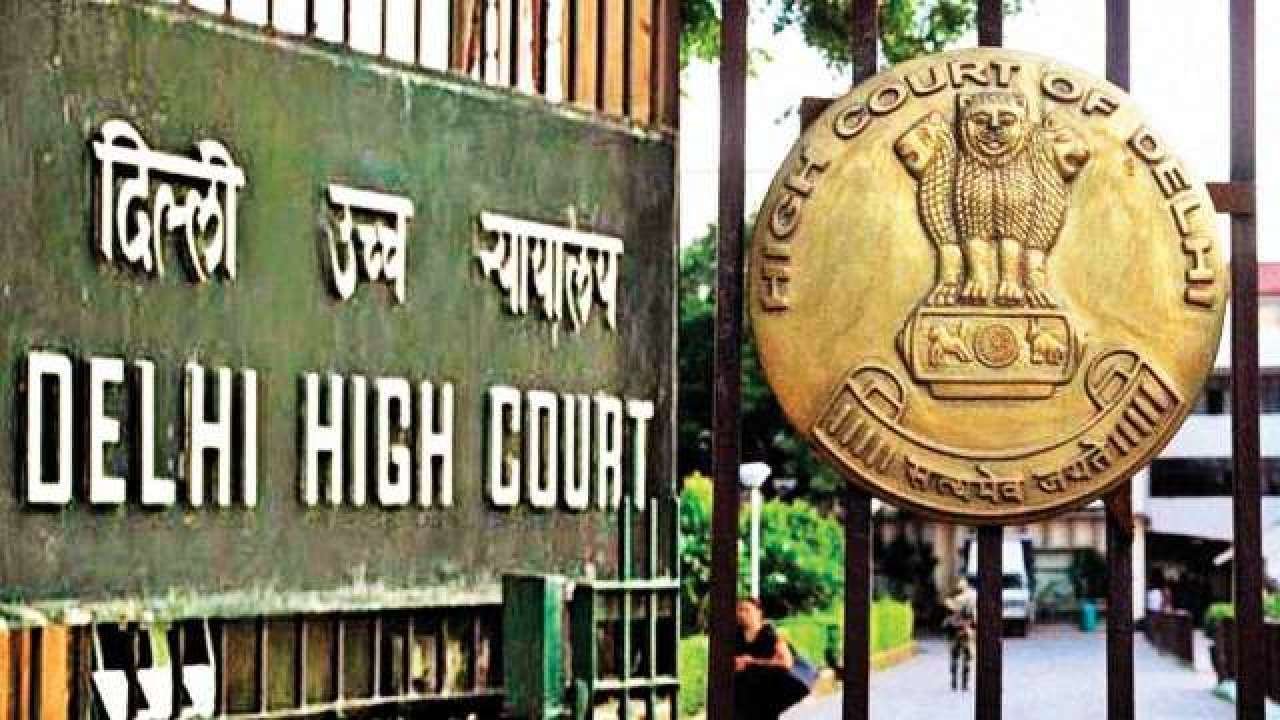Sources familiar with the original format of the data provided by the State Bank of India (SBI) to the Election Commission of India (ECI) have stated that meeting the March 15 deadline for publishing all the data on the ECI website may pose difficulties.
On Tuesday, the SBI submitted detailed information on electoral bonds redeemed by political parties since April 12, 2019, to the ECI, complying with the Supreme Court’s order issued on Monday. The Court had mandated that the data be transmitted to the ECI by 5:30 pm on Tuesday and that the ECI compile and publish it on its website by Friday, March 15th.
However, sources have indicated that compiling the raw data provided by SBI for dissemination on the ECI website by March 15th might be challenging.
SBI’s request to the Supreme Court on Monday to extend the deadline for submitting electoral bond details was rejected. The Supreme Court, in a judgment issued on February 15 by a Constitution Bench, declared the Electoral Bonds Scheme null and void and directed SBI to provide the ECI with information on political parties that received contributions through electoral bonds since April 12, 2019.
As per the ruling, SBI was required to furnish details of each electoral bond purchased, including the buyer’s identity, denomination of the bonds, and the date of redemption by political parties, by March 6th. Upon receiving this information, the ECI was tasked with promptly updating its official website within one week.
In response to the Supreme Court’s denial of an extension until June 30th to comply with the instructions, SBI petitioned for the deadline to be extended, but this request was also declined on March 11th. The ECI was then instructed to receive the details by 5:30 pm on Tuesday.
The electoral bonds program, established by the Finance Act of 2017, allowed donors to discreetly transfer funds to political parties by purchasing bearer bonds from SBI. Several amendments to various statutes made by the Finance Act of 2017, including the Representation of the People Act, the Reserve Bank of India Act, and the Income Tax Act, were challenged in the Supreme Court on the grounds of facilitating unrestricted and unregulated funding of political parties. The Court ultimately invalidated the scheme.



